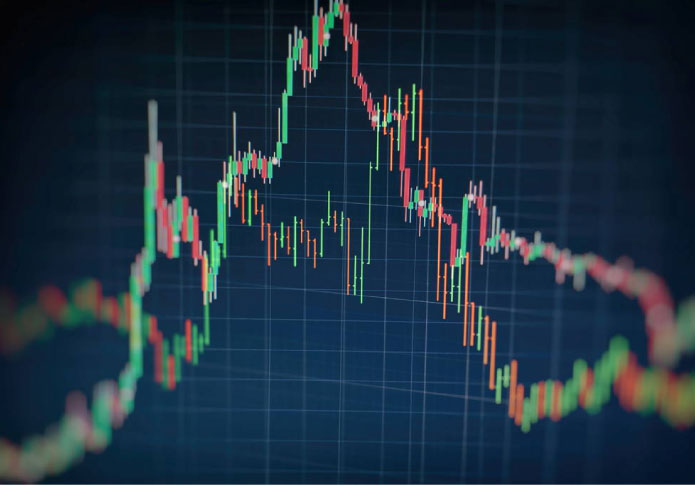The new edition of the Consumer Pulse study, conducted annually by the strategic consultancy Bain & Company, indicates that 26% of Brazilians assess that their financial situation has declined compared to the previous year. The perception of the increase in prices has also intensified, with 90% of respondents noting high values of goods and services in 2025, above the 81% that reported this perception in 2024. The items pointed out as the main responsible for inflation were food, followed by the energy bill, personal care, clothing and health.
With the high cost of living, 83% of Brazilians said they reduced or intend to reduce their personal expenses, especially clothing and food delivery. Only 14% of Brazilians can save without leaving to buy what they want and 11% save buying only the essential. Another change focused on greater savings was the willingness to test new cheaper brands, behavior adopted by 42% of consumers
The study also identified differences in consumption behavior between different income groups. While those with higher incomes seek to cut expenses in restaurants and delivery, consumers with fewer resources reduce the purchase of food, clothing and seek to save on the energy bill. Among the 45% of respondents who joined loyalty programs, high-income consumers relate participation to rewards and conversion of expenses into benefits, while the others have as their main motivation the possibility of saving on a daily basis.
The search for lower prices has also driven changes in the place where the Brazilian buys. Online commerce and wholesale have gained more space, with 39% of respondents increasing the frequency of purchases over the internet and 32% buying more in wholesalers. In e-commerce, the factors most mentioned as attractive to consumers are more affordable prices (indicated by 61%), free delivery (55%) and discounts (54%).
Different profiles, different habits
The survey also identified different behaviors among consumers, according to income and generation:
- Generation Z 47% purchased new brand products in the last three months, versus 36% for boomers;
- Low-income consumers trust financial institutions less, registering a 1.7-fold lower rate than high-income consumers.
- Despite claiming to reduce spending, 16% of low-income consumers maintain entertainment expenses, a behavior maintained by 26% of high-income; and
- 80% of high income participates in loyalty programs, versus 25% of low income.
“The data collected by the survey show that, despite the pessimism about the present, there is a resilience in the optimism of Brazilians for the future. Companies that are aware of the trends presented in the survey and the generational differences that are drawn in the consumer landscape have the chance to better adapt to the market in the coming years”, says Ricardo De Carli, partner and leader of the Bain Consumer Goods practice in South America.
The Consumer Pulse survey was conducted by Bain & Company in January 2025 with about 7,500 respondents in Latin America, including 2 thousand brazilians, with divisions by age group and income segmented according to demographics of the region.


